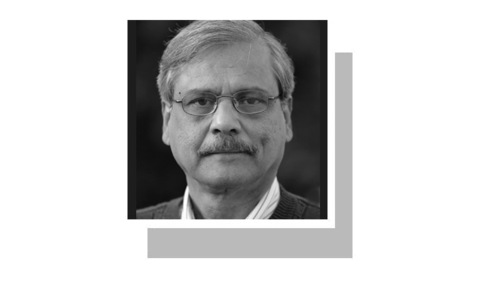PRIME MINISTER Imran Khan was spot on when last week he termed food insecurity as the biggest challenge facing Pakistan, adding that it would become an ‘issue of national security’ if drastic measures were not taken to boost agriculture. With population growing rapidly and poverty increasing even faster, food insecurity has become a major issue, with a very large portion of the population already food-insecure. Pakistan was ranked 80th on the Global Food Security Index of 2020 out of 113 countries as it lagged behind almost all South Asian nations barring Bangladesh, and several African countries. This means that Pakistan scored extremely poorly on all indicators or drivers of food insecurity — from food availability, affordability, quality and safety to natural resources and resilience — considered by the GFSI for ranking nations on the index. The Global Hunger Index, which takes into account the proportion of the malnourished population, frequency of child mortality, stunted growth, and height to weight ratios of children, placed Pakistan at 88th position out of 132 countries it surveyed last year.
Pakistan’s poor food security and hunger rankings underline the gravity of the situation and call for urgent action. A large portion of the population is food-insecure or malnourished not just because food is scarce but also because various other socioeconomic factors keep people from accessing nutritious and healthy food. According to the World Food Programme, nearly 43pc of Pakistanis are food-insecure. Of this number, 18pc of people severely lack access to food. This is linked to the fact that most of these people are heavily dependent on agriculture for a living. That means that food security is inextricably linked to overall government policies meant to alleviate poverty, increase domestic agricultural productivity, curb price inflation and ensure safety of food with regard to agricultural productivity. Thus, improvements in the availability of food are not enough to end hunger and malnutrition; it is equally, if not more, important to ensure that people can access healthy and safe meals if there is to be universal food security and if the widespread problem of stunting and wasting among children is to be addressed. Indeed, Pakistan has a long way to go before it can fully address the issue of food insecurity and hunger. But it can start moving in that direction by tweaking its policies that directly or indirectly impact the ability of the poor to access nutritious meals.
Published in Dawn, July 5th, 2021











































